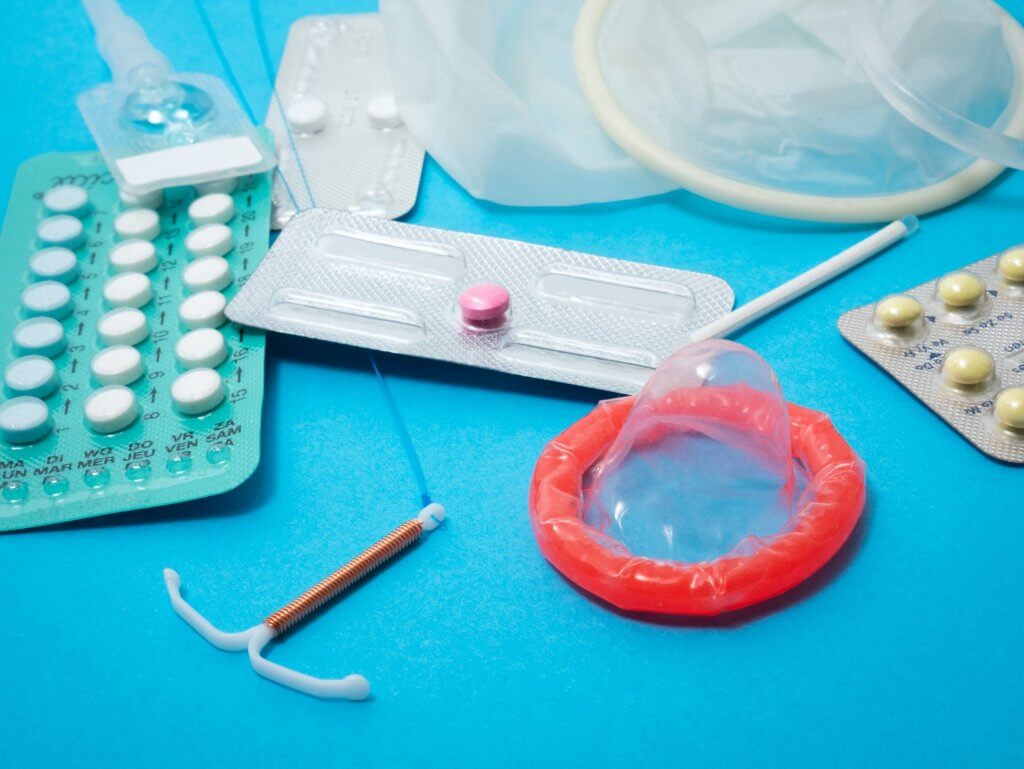SILVER SPRING, Md. — The U.S. Food and Drug Administration has given its approval to the first over-the-counter birth control pill in the nation. Norgestrel, which is available under the brand name Opill, will provide sexually active adults with the first oral contraceptive that doesn’t require a prescription. Simply put, birth control will soon be available for people to pick up at the local drug store.
The FDA’s July 13th approval of Opill was granted to Laboratoire HRA Pharma, recently acquired by Perrigo Company plc. While the manufacturer has yet to say when Opill will be available on store shelves and what the price will be, FDA officials believe the approval of easily-available birth control will positively affect millions of people.
“Today’s approval marks the first time a nonprescription daily oral contraceptive will be an available option for millions of people in the United States,” says Patrizia Cavazzoni, M.D., director of the FDA’s Center for Drug Evaluation and Research, in a media release. “When used as directed, daily oral contraception is safe and is expected to be more effective than currently available nonprescription contraceptive methods in preventing unintended pregnancy.”
Cavazzoni and the FDA note that Opill could reduce barriers which currently keep people from obtaining birth control pills, including regular access to a health care provider. According to the FDA’s estimates, nearly half of the 6.1 million pregnancies in the U.S. each year are unintended.
“Unintended pregnancies have been linked to negative maternal and perinatal outcomes, including reduced likelihood of receiving early prenatal care and increased risk of preterm delivery, with associated adverse neonatal, developmental and child health outcomes,” the FDA says in a statement.
Why is Opill now available over the counter?
The drug norgestrel was first approved for prescription use in 1973. HRA Pharma had to apply to the FDA to switch the contraceptive from a prescription drug to nonprescription status.
In order for a drug to become an over-the-counter (OTC) medication, it has to meet certain standards. These include being safe and effective for widespread use and proving that users can properly use the drug simply by reading the instructions and labels on the product’s packaging.
Studies proved that the public’s understanding of the information on the Opill Drug Facts label was high enough for the FDA to grant its approval for nonprescription use. FDA officials add that when people properly use Opill, it is both safe and successful at preventing pregnancy.
How do you take Opill?
People taking Opill should take their dosage at the same time each day. FDA officials explain that taking the pill at the same time daily is important for the drug’s effectiveness. Users also need to consider the other drugs they may take. Using medications that interact with Opill can end up reducing the pill’s effectiveness in preventing pregnancy.
Are there side-effects?
The most common side-effects from using Opill include irregular bleeding, headaches, dizziness, nausea, increased appetite, abdominal pain, cramps, or bloating.
The FDA also warns against the use of Opill if the user has or has ever had breast cancer. Those with other forms of cancer should also consult with their doctor before taking the birth control pills. Additionally, those using Opill should not combine this drug with other forms of contraception, including other birth control pills, a vaginal ring, a contraceptive patch, a contraceptive implant, a contraceptive injection, or an IUD (intra-uterine device).

If someone using Opill experiences changes in their vaginal bleeding patterns, repeated vaginal bleeding after sex, prolonged episodes of bleeding, or a prolonged absence of their period, they should see a doctor as soon as possible.
For women who miss two periods (or those who missed doses of Opill and missed one period), the FDA recommends they take a pregnancy test. If they are pregnant, stop taking Opill immediately.
Is Opill an abortion drug?
Opill is not an emergency contraception drug. It does not prevent pregnancy after unprotected sex.
The FDA also notes that oral contraceptives like Opill do not protect people from transmitting or contracting HIV and other sexually transmitted diseases, including chlamydia, genital herpes, genital warts, gonorrhea, hepatitis B, and syphilis.

